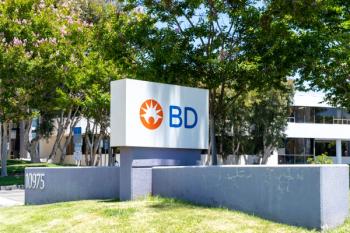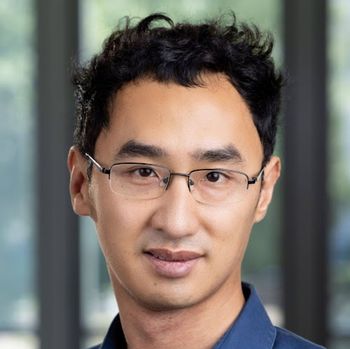
Emerging Leader in Chiral and Achiral High Performance Liquid Chromatography: An Interview with Martina Catani
At Pittcon 2024, LCGC International editor Patrick Lavery sat down with Martina Catani of the University of Ferrara to talk about the work her laboratory group is conducting.
Martina Catani is an assistant professor in Analytical Chemistry at the University of Ferrara in Italy. She obtained her PhD in Chemical Sciences from the same university in 2018, following her earlier education where she received both her bachelor's and master's degrees with honors. Catani's academic journey has been deeply rooted in Ferrara, where she has also held positions as a research associate and postdoctoral fellow. Her research primarily revolves around the intricate dynamics of kinetic and thermodynamic phenomena within high performance liquid chromatography (HPLC) and supercritical fluid chromatography (SFC), both in chiral and achiral contexts. Her groundbreaking contributions to the field have been recognized, notably with the Csaba Horvath Award in 2018 for outstanding young scientists in the HPLC community.
Catani's work is characterized by its emphasis on understanding how factors such as kinetics, thermodynamics, and particle geometry influence the efficiency of chromatographic separations. Her studies have sparked renewed interest in optimizing particle characteristics for achieving high-efficiency separations.
Additionally, Catani has been actively involved in developing advanced purification techniques for therapeutic bio-macromolecules. Her expertise extends to both single-column and continuous multicolumn preparative liquid chromatography, reflecting her commitment to advancing purification methodologies in biotechnology.
At Pittcon 2024, Catani
LCGC International sat down with Catani to discuss the following topics:
- Please discuss what the Emerging Leader Award means to you as a researcher working in Italy. (0:13)
- What are you and your group working on currently? (0:49)
- Has your research evolved into its current areas of focus, or have you had these interests for a long time? (1:51)
- What are your feelings on being honored with the Emerging Leader Award at this point in your career? (3:00)
- What are you most looking forward to about spending some time here in San Diego at Pittcon? (3:43)
- What research can we look for from your group in the future? (4:29)
Newsletter
Join the global community of analytical scientists who trust LCGC for insights on the latest techniques, trends, and expert solutions in chromatography.




